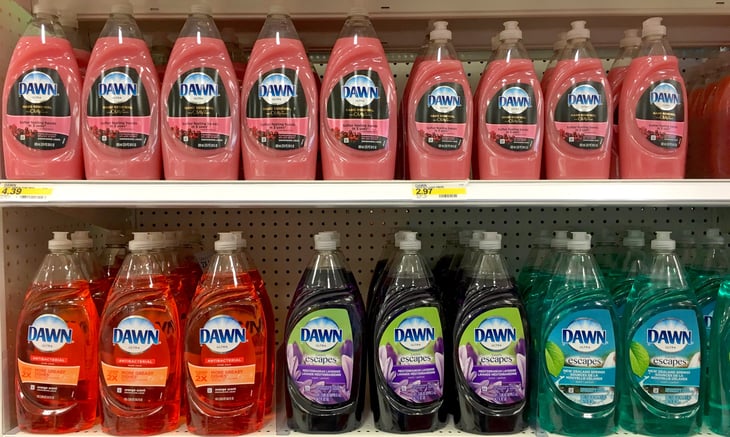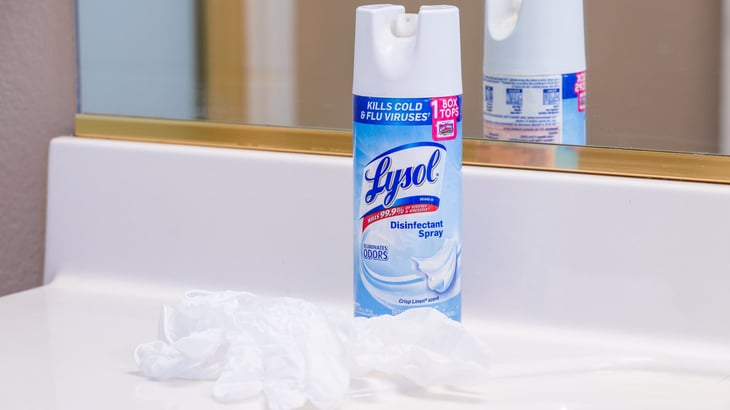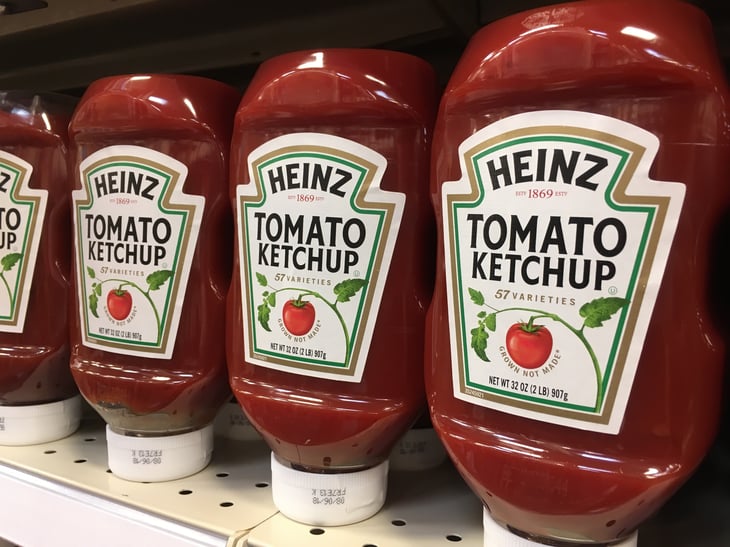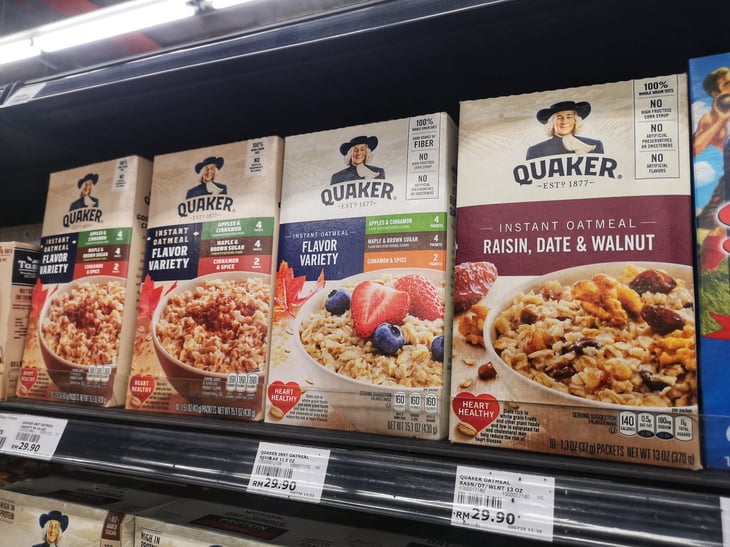
Grocery stores are full of nothing but choices. But unbridled trust in a brand can whittle down overwhelming options and make shopping trips easier. Tried and true products become household names that are easy for you to grab from the shelves and go.
Marketing firm BrandSpark’s 2024 BrandSpark Most Trusted Awards are based on a national survey of more than 26,000 American shoppers, with awards in 10 major categories such as retail and automotive. BrandSpark also included a list of brands so trusted and familiar that the brand names have become nearly synonymous with the category of product.
When creating their list, BrandSpark emphasized “trust resilience” and “trust share.” Trust share refers to which brands consumers trust most, and trust resilience measures how much more consumers trust those brands compared with competitors.
With that in mind, the following are among the brands American consumers trust most.
Band-Aid

Product category in which this brand had an exceptionally high trust share: Bandages
The Johnson & Johnson Band-Aid was created in 1920 by Earle Dickson when he combined adhesive tape and gauze. He wanted to create a product his wife could apply on her own.
When Band-Aids first hit the shelves in 1921, they came in one size: large. The first form of Band-Aids was 3 inches wide and 18 inches long so consumers could cut the strips down as needed. Band-Aids began to resemble how we know them today in 1924, once they were mass-produced. Colorful and decorated variations first appeared in 1956.
Campbell’s

Product category in which this brand had an exceptionally high trust share: Canned soups and broths
Campbell’s has a long history in the business, more than 150 years. Joseph Campbell (a fruit and vegetable vendor) and Abraham Anderson (a commercial canner and packer) came together in 1869 to form Anderson & Campbell — which would later be called Campbell’s.
Dawn

Product category in which this brand had an exceptionally high trust share: Dish soap
Procter & Gamble, the maker of Dawn, says it hasn’t only been good for washing dishes: It’s also helped wildlife. According to Dawn’s website, rescuers have used it to help clean more than 150,000 marine birds and mammals in North America. It boasts a donation of 50,000 bottles to International Bird Rescue and The Marine Mammal Center and more than $4 million to environmental advocacy groups since 2006.
Lysol

Product category in which this brand had an exceptionally high trust share: Disinfectant spray
Lysol wasn’t always advertised as a method for disinfecting surfaces. In the 1920s, it was actually touted as a feminine hygiene product, and it was used for other medical needs as well. Of course, we understand today that Lysol isn’t meant for bodily use, but it remains a well-trusted brand of disinfectant.
Drano

Product category in which this brand had an exceptionally high trust share: Drain cleaner
Drano was one of the first consumer products from the company formed in 1910 by Phillip Drackett, now owned by S.C. Johnson, which is also responsible for products like Windex glass cleaner. The rise of indoor plumbing after World War I led to fears of “sewer gas,” clogged drains and backups, which Drano helped address.
Windex

Product category in which this brand had an exceptionally high trust share: Glass cleaner
Windex was introduced by Phillip Drackett in 1936 – in the heart of the Great Depression – not for home use but to clean windshields on automobiles. While it’s currently most recognizable in its blue color form (and now offers a variety of colors and scents), the original Windex was yellow. It was bought by its current owner, S.C. Johnson, in 1992.
Nutella

Product category in which this brand had an exceptionally high trust share: Hazelnut spread
Access to cocoa was very limited after World War II, but the world still needed sweets. Nutella founder Ferrero created a new paste made from hazelnuts, sugar and a small amount of the (rare at the time) ingredient cocoa. It was first sold in 1946 in a loaf-like shape which could be sliced and spread onto bread. The first jar of Nutella made it to the shelves in 1964.
OFF!

Product category in which this brand had an exceptionally high trust share: Insect repellant (for use on body)
S.C. Johnson first released OFF! in 1957. Not only does the company provide mosquito protection that American consumers rely on, but it also hosts a weekly mosquito forecast on its website so you know when to be prepared.
Heinz

Product category in which this brand had an exceptionally high trust share: Ketchup
Heinz was founded in 1869, but the business foundered a few years later. After receiving financial assistance from family members in 1876, company founder Henry John Heinz was able to revive the business, and later that year he introduced a new lineup of products — including ketchup. Without the help from Heinz’s brother and cousin, condiment shelves in grocery stores today would likely look quite different.
Quaker

Product category in which this brand had an exceptionally high trust share: Oatmeal
Quaker Oats was the first trademarked breakfast cereal in 1877. The owners named the brand Quaker because they believed it to be a symbol of “good quality and honest value.” In 1891, Quaker went on to be the first brand to feature a recipe on its box, providing consumers with instructions for oatmeal bread. With a history of firsts, Quaker remains well-trusted by consumers today.
Get smarter with your money!
Want the best money-news and tips to help you make more and spend less? Then sign up for the free Money Talks Newsletter to receive daily updates of personal finance news and advice, delivered straight to your inbox. Sign up for our free newsletter today.
